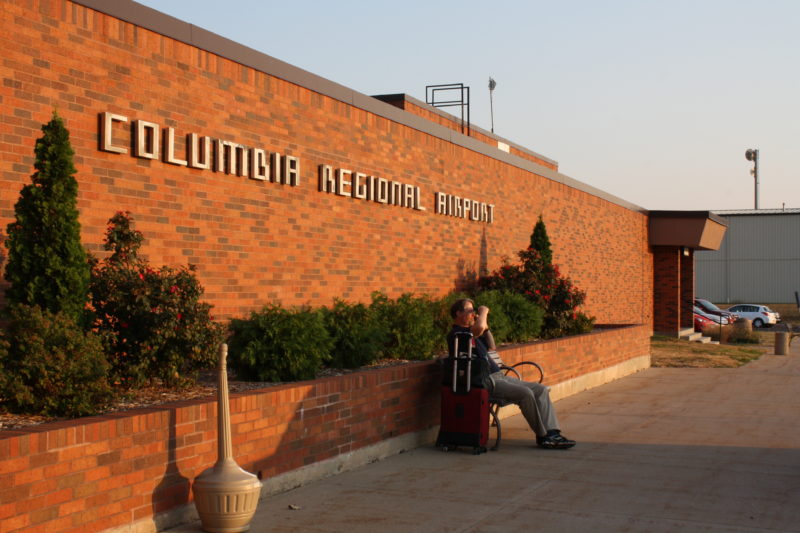by Dallas Ernst, Chairman of the Missouri Federation of College Republicans
Americans are more satisfied than ever with commercial airlines, which offered near-record low domestic prices, had their safest year to date and logged the fewest flight cancellations on record. But a misguided proposal in Congress threatens to undermine this progress by handing government more control over the thriving aviation industry and dictating what passengers pay.
The provision, included as part of the Senate bill to reauthorize the Federal Aviation Administration, would require the Secretary of Transportation to get involved in airline pricing by determining whether a fee is “unreasonable or disproportional to the costs incurred by the air carrier.” While intended to save passengers money, the regulations, which cover cancellation, flight change, and baggage fees, would actually have the opposite effect, resulting in both higher ticket fares and fewer options for American flyers, and jeopardize the growth of the U.S. aviation industry.
Exactly 40 years ago, legislation was passed to deregulate the airline industry. At the time, the Federal government set the prices for every airline ticket sold. Some in Congress – including those now pushing for the proposal – prefer we return to that precedent. But what they ignore is that government regulations made flying significantly more expensive than it is today. For example, in 1974, it was illegal to charge less than $1,442 in inflation-adjusted dollars for a flight from New York to Los Angeles. Today, that same flight costs an average of just $320. In fact, since deregulation in 1979, round-trip domestic airfares have fallen 41 percent. Yet the federal government wants to get back into the business of setting prices for airline services despite historically low fares.
Commercial air travel, once a privilege enjoyed primarily by the wealthy, is more accessible than ever. Since deregulation, the number of commercial passengers in the U.S. has tripled to 820 million a year, and more than one-third of those passengers have an annual household income of less than $50,000.
Three reasons account for why flying has become significantly more affordable – competition, flexibility, and choice. Need to book a flight? You can choose from 11 different U.S. airlines that offer abundant service and basic economy tickets to even the smallest airports. Need to reschedule a flight after you bought a ticket? You’ll pay for it, but change fees allow passengers tremendous flexibility to adjust their itinerary without having to buy an entirely new ticket or eat the cost of an unusable, non-refundable fare – unlike tickets for concerts or professional sports games purchased without insurance. Don’t have a bag to check? A la carte products allow flyers to pay to check luggage when they need to and save money when they don’t.
A federally-regulated one-price-fits-all model would especially hurt working and middle class Americans who rely on low-cost airlines. While often ridiculed, many among us rely on ultra-low base fares to travel and are okay with a la carte fees for people who require them. Eliminating this competitive advantage could result in reduced or discontinued flights – especially to small-and-medium sized airports – currently offered by budget carriers.
Ultimately, government regulation has the potential to raise fares across the board, making flying more expensive and less accessible for lower-income, price-sensitive flyers. Higher ticket prices and reduced choices would subsequently reduce consumer demand, causing airlines to fly fewer routes to fewer destinations. This would not only reduce options for passengers, but also hamper growth for an industry that contributes $846 billion to America’s gross domestic product, employs nearly 424,000 people in every corner of the country and supports more than 10.2 million jobs nationwide with $427 billion in earnings.
This proposal presents a false choice to American flyers. The government claims that regulating or eliminating fees will save passengers money, but such aggressive and unnecessary measures will only limit choice and increase the cost of travel.
At the end of the day, which would you prefer – A changeable $320 plane ticket with an optional $25 fee only if you have a bag to check, or a fee-free, government-regulated $1,400 fare that can’t be cancelled or changed and contains a built-in baggage fee even if you have no luggage? I don’t know about you, but nothing about that sounds ideal to me.




